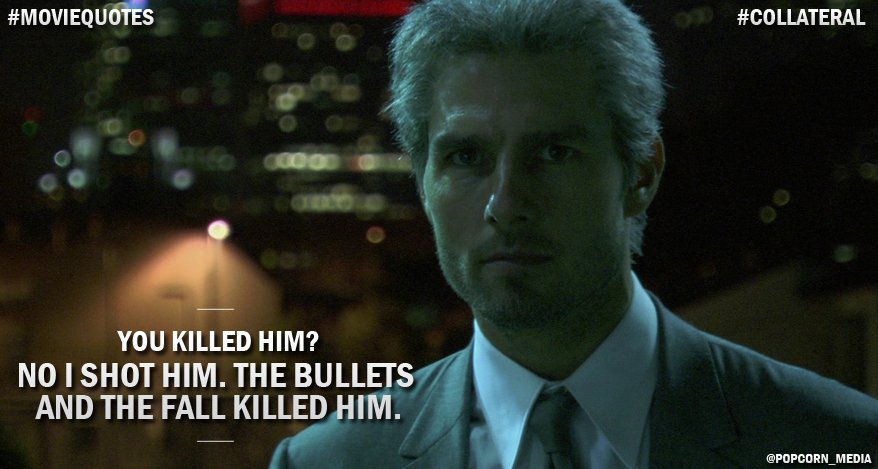Maxperson
Morkus from Orkus
No. After the lock opens, a simple, "I open the door and look inside" is fine. No need to make it separate declarations if you include them together. If I automatically included opening the door when the lock was picked and a trap went off, the player would scream bloody murder. They are not the same action.So all of this ridiculous back and forth over "consequences" of lock opening is just down to how granular you consider actions need to be.
So in your world, using your car door example, opening a safe would be something like this:
Player: I attempt to pick the lock of the safe
DM: You succeed.
Player:I open the safe door
DM: It opens.
Player: I look inside.
DM: There is an envelope.
Player: I pickup the envelope
DM: It is in your hand
Player: I open the envelope
DM: How do you open the envelope?
Player: OK, I use my dagger like a letter opener
DM: OK, there is now a tear in the top of the envelope
Player: I look in the envelope
DM: There is a piece of paper
Player: I take the paper out....
...... etc
But thanks for the ridiculous response that was not at all what I actually said.
Or...As opposed to:
Player: I attempt to pick the lock of the safe
DM: You succeed. The door swings open, there is an envelope inside
Player: I grab the envelope and look inside
DM: There is a single sheet of paper with a list of names <reads out the names>
....
Player: I attempt to pick the lock of the safe
DM: You succeed. The door swings open and a fire trap goes off incinerating everything inside. Take 23 points of damage unless you make a successful dex save.
Player: I never said I opened the safe! You need to let me make sure there aren't traps on the thing. I wasn't planning on opening it yet.
DM: Yeah, but there are people on the internet who are convinced that they should be the same action and I went with it. Tough luck for you.
If that's how you want to play the game and your players are okay with you playing their PCs like that, have at it. Mine would string me up for playing their PC and making them open a safe before they were ready.



